Greek coastal shipping is facing a double challenge. On the one hand, it has to renew the fleet, which is ageing, and on the other hand, it must adapt in the coming years to the new environmental requirements for zero carbon emissions.
In July 2021, the European Commission announced a package of proposals for adapting EU policies to reduce net greenhouse gas emissions by at least 55% (compared to 1990 levels) by 2030. The “Fit for 55” package includes legislative proposals and policy initiatives in a wide range of areas and issues. The legislation under revision includes directives and regulations on the EU Emissions Trading System (ETS), the sharing of emission reduction efforts in non-ETS sectors, renewable energy, energy efficiency, alternative fuels infrastructure, etc.
These proposals will lead to significant changes in the operating methods of domestic coastal shipping. Without renewal of the fleet, the ETS membership will impose a burden on the operating costs of the ships. Given the limited profitability, especially in the last decade, the possibilities for the absorption of additional costs by ferry companies are limited, resulting in pressure to increase fares, as pointed out in a relevant study carried out by IOBE. At the same time, the negative prospects for returns on investments within the industry also limit the possibility of renewing the fleet with ships using technologies with less or zero intensity in greenhouse gas emissions, and existing infrastructure in the country’s ports cannot support sufficient alternative fuel and electricity supplies. The proposed changes therefore pose very significant challenges, both for the industry’s companies and for infrastructure operators (ports, electricity grids, alternative fuel supply infrastructure).
An aging fleet
On the other hand, the fleet is ageing dangerously and according to calculations in 2030 74% of the coastal fleet will be over 30 years old. As it is pointed out by competent bodies, the industry will have to experience a drastic wave of renewal, similar to that of the decade 1995-2005, in order to meet the new challenges. At that time, powerful entrepreneurs, such as Periklis Panagopoulos, financed the purchase of modern ships and renewed the fleet by 90%, supported by the positive course of the Greek economy. Then, according to XRTC Business Consultants, the age of the Greek coastal fleet was reduced by almost 5 years.
Today, no ferry company has any plans to build ships, except the Attica group which has placed an order at the Brodrene Aa shipyard in Norway for the construction of three ultra-modern Aero Catamaran ships, which will be launched on the Saronic Gulf lines, marking the end of the ‘flying dolphin’ era, which for 40 years served the transport needs of the islands.
The Hellenic Chamber of Shipping estimates that the full replacement of the fleet over time with new zero-carbon ships is costing 11 billion euros. The last new built ship introduced in Greek coastal shipping was the Attica Group’s ‘Blue Star Patmos’, which was delivered by Korean shipyards in 2012.
In order to find a solution to the need to renew the fleet, the Hellenic Chamber of Shipping (ΝΕΕ) has undertaken for almost two years an initiative to finance studies on the renewal of the maritime fleet. The first results indicate that initially investments of 2.5 billion to 3 billion euros will be required to renew all existing Greek coastal vessels that are over 25 years old (34 conventional and 13 speedboats). The ΝΕΕ estimates that the coastal fleet today reaches 160 passenger ferries of various types, 60 smaller ferries, and 100-200 day vessels, which must be replaced in the future with green ships. An operation that will cost 11 billion euros.
The renewal of the coastal fleet is an urgent necessity for our country as more than 15% of the population lives on the islands. It is noted that each year more than 70 million passengers are served by the 203 small and large ferry lines of the country, of which 88 are “free” and 115 are served by paying rents.
IOBE: The cost is very high
A study conducted by the Foundation for Economic and Industrial Research (IOBE) entitled “Impact of the “Fit for 55″ package on passenger shipping and island Greece”, presented at an event entitled “Transition to Green Coastal Shipping” of the Shipowners Association For Passenger Ships (SEEN), highlighted the major challenges of the green transition of domestic coastal shipping.
As the IOBE study shows, the implementation of the climate policies proposed by the European Commission (the “Fit for 55” package) is estimated to lead to increased operating costs for domestic coastal shipping of €207 million in 2026 (compared to a non-implementation scenario), if appropriate adaptation measures are not taken. This burden can lead to an increase in ticket prices of around 30% and a 28% reduction in ferry traffic in the same year. The reduced activity of the industry and the lower number of visitors to the islands of the country can result in a reduction of GDP by more than €900 million in 2026, while in terms of employment the loss of jobs is estimated at 29,000 jobs in the entire Greek economy (island regions and mainland).
According to the study, the implementation of the “Fit for 55” package is expected to lead to a significant increase in operating costs for the passenger shipping industry in the absence of appropriate adjustments to the fleet and supporting infrastructure of the domestic passenger shipping. The biggest impact is likely to come from the extension of the Emissions Trading Scheme (ETS), as in 2026 the obligation to buy all allowances entails a total cost of EUR 169 million. Accordingly, the non-use of alternative fuel is estimated to result in a burden of EUR 30 million in 2026 due to non-compliance with the emission intensity reduction target (Fuel EU Maritime).
The burden of the increase in fuel taxation, estimated at EUR 8.3 million in 2026, is also smaller but measurable.
Covering the extra cost, due to the “Fit for 55” package, burdens ticket prices from 5% in 2023 to 30% in 2026, which is expected to lead to a decline in demand for shipping services. Taking into account the structure of ferry traffic by passenger category, it is estimated that the decline in demand for shipping services due to the “Fit for 55” package will range from 4.8% in 2023 to 28.2% in 2026 compared to a scenario of non-implementation of the package. As a consequence, the reduction in coastal passenger traffic is expected to reach 5.4 million passengers in 2026. Respectively, the reduction in traffic of the country’s islands by domestic and foreign visitors using the ferry services is estimated to be close to 4 million travellers in 2026. In addition, the losses of revenue due to the “Fit for 55” package for the industry’s businesses are expected to reach €183 million in 2026, while the loss of revenue for tourism businesses in island regions reaches almost €1 billion in 2026.
Impact on Greek economy
In terms of GDP, losses due to the “Fit for 55” package from reduced demand for shipping services and lower traffic of island regions are estimated at €212 million in 2023 and reach €903 million in 2026 (0.3% of GDP). This impact represents almost 1/10 of the total contribution of coastal shipping to the Greek economy. In terms of employment, the total losses for the Greek economy (in island regions and on the mainland) may exceed 29,000 jobs in 2026 (Table 1). Accordingly, the state’s tax revenues are estimated to decrease by €761 million in present value over the four-year period. The implementation of the “Fit for 55” package is expected to have a negative impact on the island economy. Among the island regions, the greatest impact is observed in the regions of the South Aegean and Crete. In particular, the impact on the GDP of the South Aegean is estimated at €522 million in 2026 (8.2% of the GDP of the region), while the reduction of employment reaches 19 thousand jobs in 2026 or 16.1% of the total employment in the region. Respectively, in Crete the impact on GDP is close to €96 million in 2026 (1.0% of the GDP of the region), with the loss of jobs estimated at 3.4 thousand in 2026 (1.5% of the island’s total employment).
Policy proposals
The “Fit for 55” package is expected to affect the competitiveness of the passenger shipping industry and the economy of island regions. This indicates the need for measures to mitigate the negative effects of the package.
In this context, the following policy measures are proposed:
• Consider the possibility of a longer transitional period for the implementation of the “Fit for 55” package in passenger shipping.
• Facilitate the financing of investments for fleet renewal with low- and zero-emission ships.
• Redirect the revenues from the expansion of the ETS and the increase of fuel taxation to actions supporting the green transition of short sea shipping.
• Accelerate the development of alternative fuels and electricity supply infrastructure in the country’s ports.
• Implementation of a Just Development Transition Plan in island economie
Development of the industry

The president of the Shipowners Association for Passenger Ships (SEEN), Spyros Paschalis, has submitted five specific proposals for the development of the coastal shipping industry in the era of reduced or zero pollutants:
– To meet multi-annual institutional demands with a view to improving the viability of ferry companies.
– To establish a multi-annual National Strategy for the decarbonisation of short coastal shipping with intermediate objectives, specific actions and central coordination.
– To facilitate financing of fleet renewal investments with low- and zero-emission ships:
(a) In the form of grants for the green part of the investment; (b) With the access to available financial instruments. Strong support from the Ministry of Shipping and Island Policy is required for requests for funding from the Recovery and Resilience Fund, the NSRF and the new Development Law.
– To establish a specific fund under the ETS in order to reinvest ETS revenues directly into the industry. The funds raised by this mechanism should be used directly for: Increased cost subsidy for alternative fuels, Transport Equivalent fares subsidy, investment costs subsidy for energy efficiency improvement technologies.- To accelerate the development of alternative fuels and electricity supply infrastructure in the country’s ports.
Shipping Minister Yiannis Plakiotakis has stated that a negotiation with the EU is under way with the aim of postponing the emissions reduction plan for coastal shipping, while the ministry has taken initiatives to green the fleet, upgrade connectivity in maritime cabotage and strengthen infrastructure.
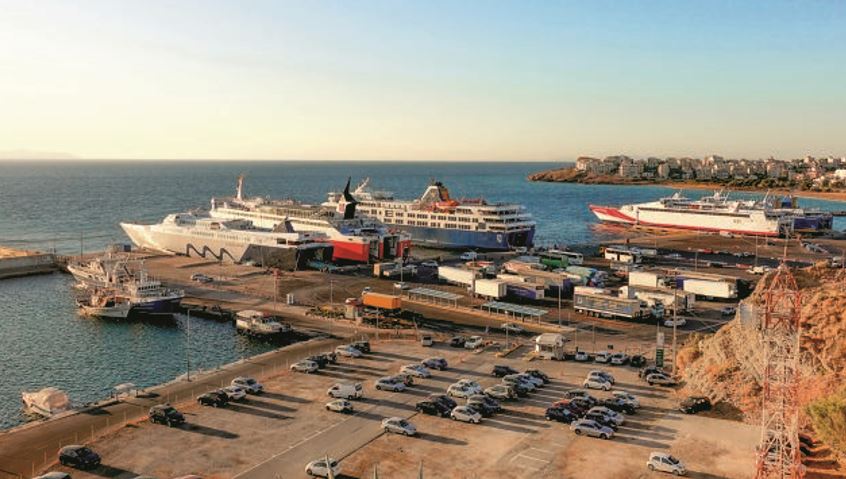



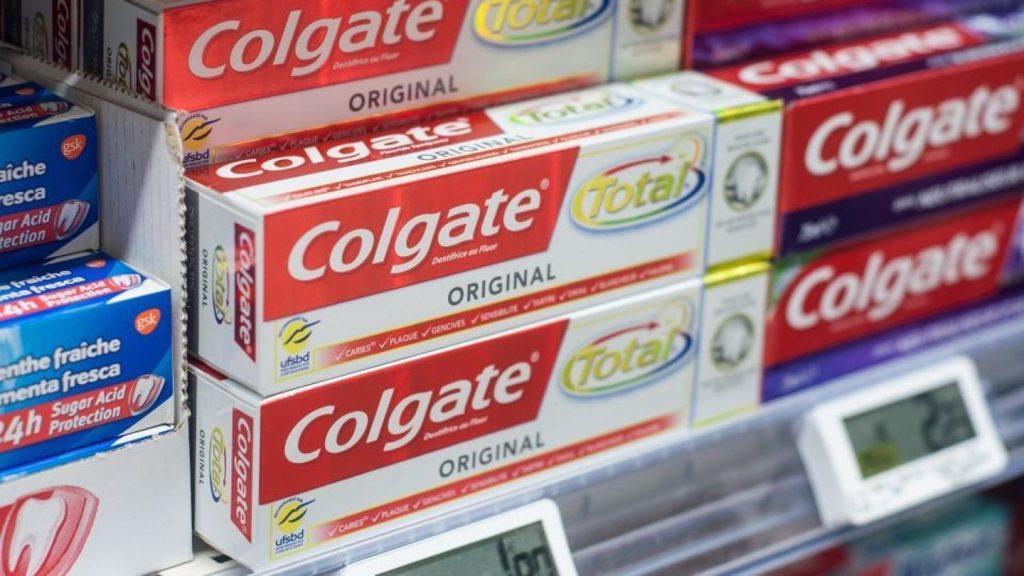
![Ψηφιακά στοιχεία διακίνησης αποθεμάτων [25ο Μέρος]](https://www.ot.gr/wp-content/uploads/2025/12/ot_taxes44-300x300.jpg)




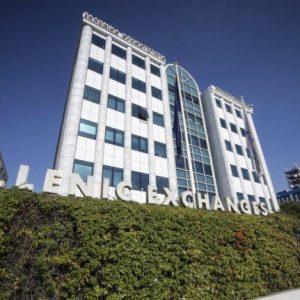


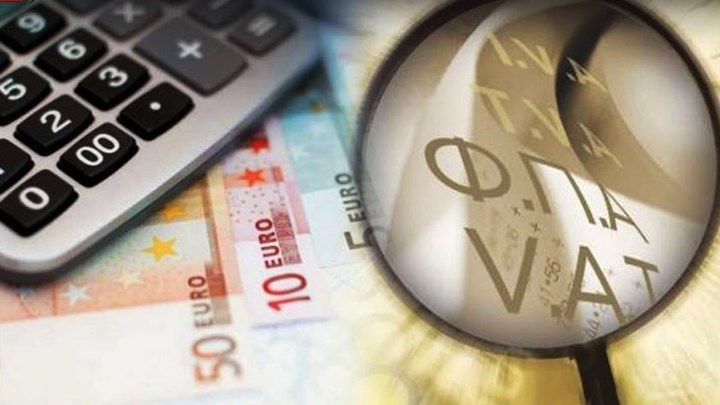




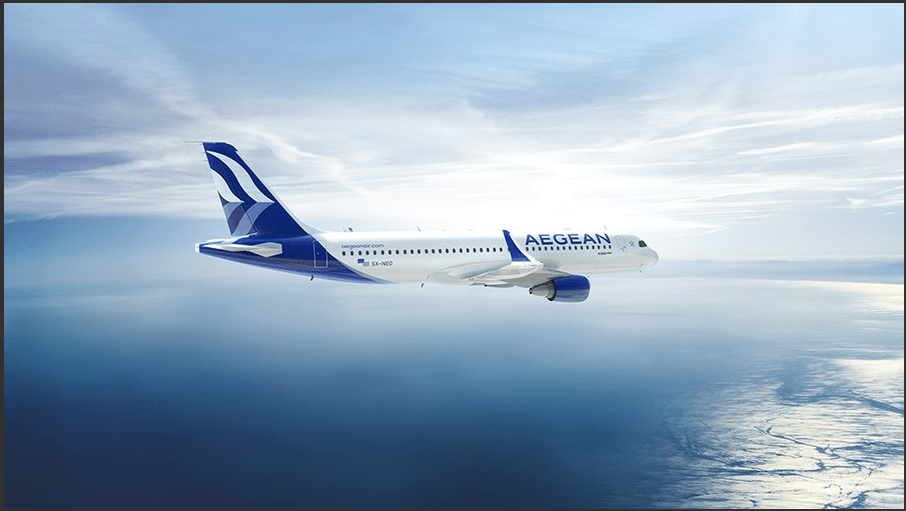





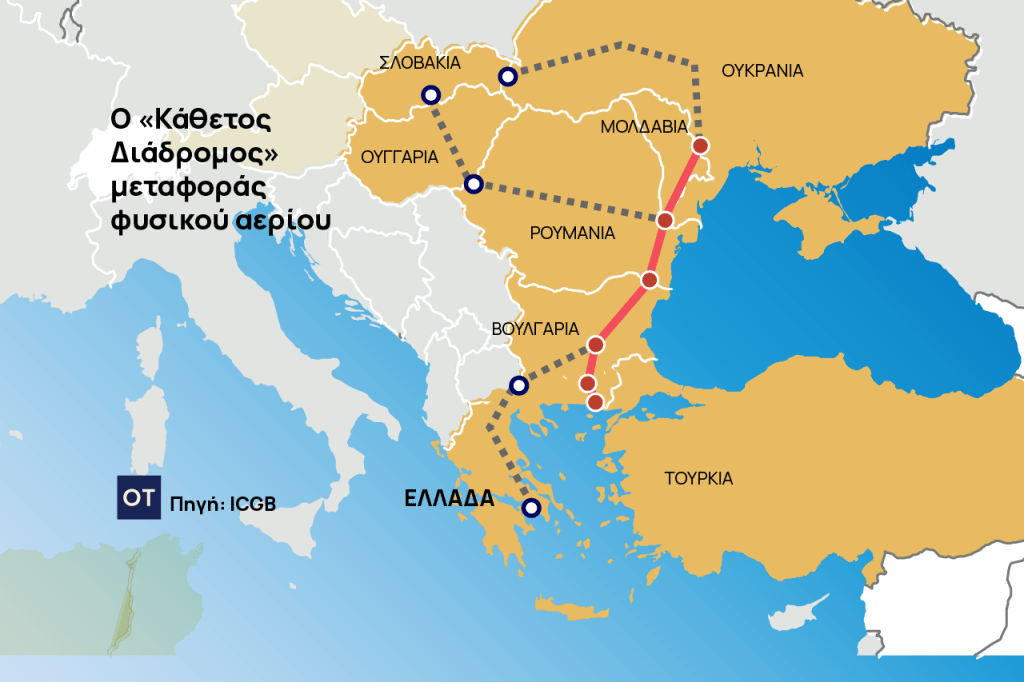

![Ψηφιακά στοιχεία διακίνησης αποθεμάτων [25ο Μέρος]](https://www.ot.gr/wp-content/uploads/2025/12/ot_taxes44.jpg)




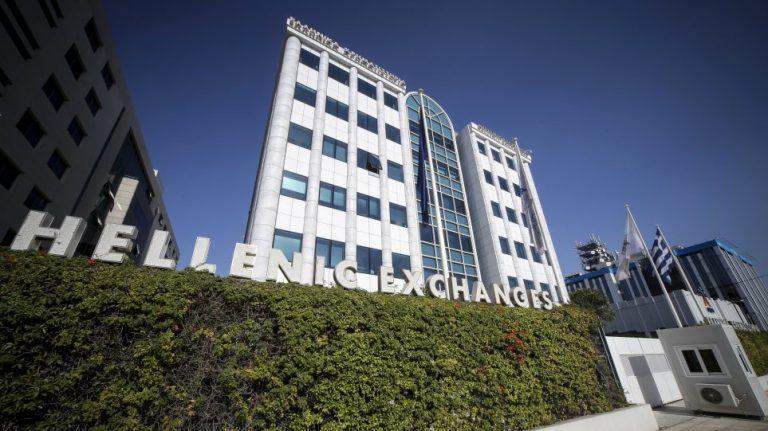


![Γραφεία: Πόσο πωλείται το τ.μ. – Οι φθηνές, ακριβές περιοχές [γραφήματα]](https://www.ot.gr/wp-content/uploads/2026/01/grafeia.png)





![TikTok: Η συμφωνία Τραμπ- Σί και η… επιλεκτική λογοκρισία [γράφημα]](https://www.ot.gr/wp-content/uploads/2025/09/trump-tiktok-in.gr_.jpg)
